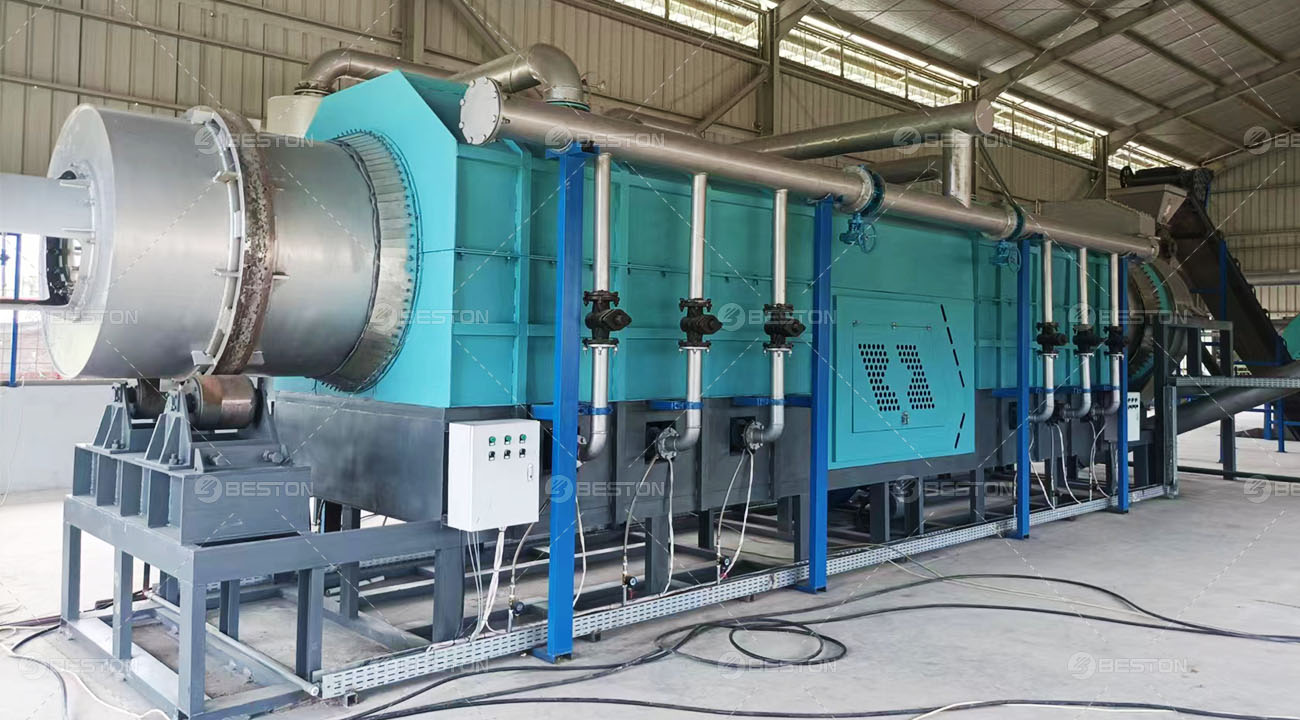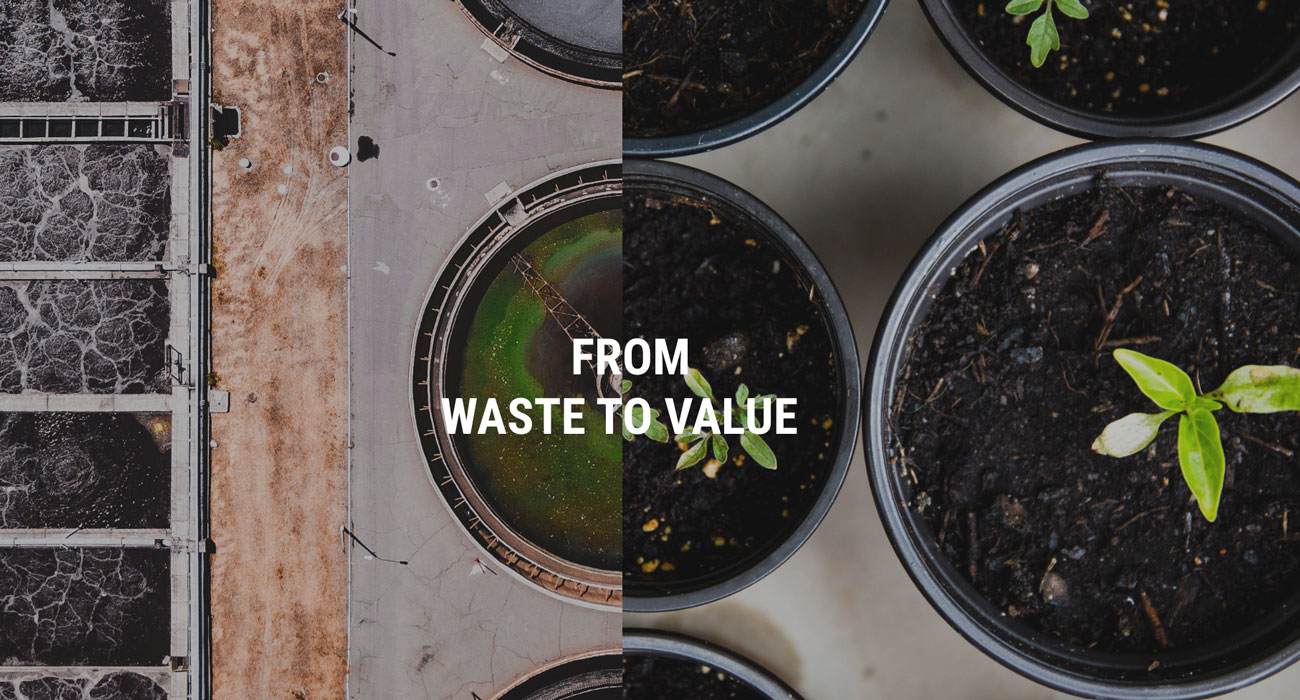Introduction
Evolution of Agricultural Waste Management
The landscape of agricultural waste management has undergone a paradigm shift, driven by the need for sustainable practices. Amid this transformation, biochar production equipment emerges as a cornerstone, revolutionizing the processing of agricultural waste.
Role of Biochar Production Equipment
Biochar production equipment represents a technological leap in converting agricultural waste into a valuable resource. This article explores the multifaceted benefits offered by these innovative machines in the realm of agricultural waste processing.
Biochar Production Equipment: Technological Marvels
Overview of Biochar Production Process
At the core of biochar production equipment lies a sophisticated process that involves the pyrolysis of agricultural waste. Pyrolysis, carried out in controlled environments within these machines, transforms organic materials into biochar, a carbon-rich material beneficial for agricultural applications.
Specialized Machinery for Agricultural Waste Conversion
Biochar production equipment comprises specialized machinery designed for the efficient conversion of diverse agricultural waste materials. These machines utilize advanced pyrolysis technologies, ensuring optimal biochar quality and yield.
Sustainable Agricultural Practices with Biochar
Soil Enrichment through Biochar
One of the primary benefits of biochar in agriculture is its ability to enhance soil fertility. Biochar acts as a stable carbon source, improving soil structure, water retention, and nutrient availability. Its porous nature provides a habitat for beneficial microorganisms, fostering a healthy and resilient soil ecosystem.
Carbon Sequestration Advantages
Biochar plays a pivotal role in carbon sequestration, contributing to the global effort to mitigate climate change. By converting agricultural waste into stable biochar, carbon is effectively sequestered in the soil, reducing the overall carbon footprint of agricultural activities.

Economic Efficiency and Resource Optimization
Cost-Effective Agricultural Waste Utilization
Biochar production equipment offers a cost-effective solution for utilizing agricultural waste, especially a mobile biochar machine. By converting waste materials into biochar, farmers can reduce disposal costs and, simultaneously, gain a valuable soil amendment that enhances crop productivity.
Energy Recovery from Biochar Production
The biochar production process itself can be harnessed for energy recovery. The byproducts of pyrolysis, such as syngas, can be utilized to generate energy, creating a closed-loop system that maximizes resource utilization and economic efficiency.
Environmental Impact: Mitigating Agricultural Waste Challenges
Reduction of Greenhouse Gas Emissions
Biochar production contributes to greenhouse gas mitigation by preventing the release of methane and nitrous oxide, common byproducts of conventional agricultural waste decomposition. The stable carbon structure of biochar ensures long-term carbon storage in the soil.
Minimizing Soil and Water Contamination
Traditional agricultural waste disposal methods often lead to soil and water contamination. Biochar, when integrated into agricultural practices, acts as a filter, reducing the leaching of pollutants into the soil and water systems. This minimizes the environmental impact associated with agricultural waste.
Future Perspectives: Biochar’s Role in Agricultural Innovation
Integration with Precision Agriculture
Biochar’s role in agriculture extends to precision farming practices. Its ability to improve soil conditions and nutrient availability aligns with the principles of precision agriculture, allowing farmers to optimize resource use and enhance crop yields.
Potential for Circular Economy Practices
As the agriculture industry moves towards circular economy practices, biochar production equipment stands at the forefront. By closing the loop on agricultural waste, biochar becomes a key player in creating sustainable and regenerative agricultural systems.
In conclusion, the benefits of biochar production equipment for agricultural waste processing extend far beyond waste reduction. These machines catalyze a transformation towards sustainable agriculture, offering economic, environmental, and soil health advantages. As we navigate the challenges of modern agriculture, the integration of biochar production equipment emerges as a beacon of innovation and environmental stewardship.


Comments
No comments yet. Be the first to react!